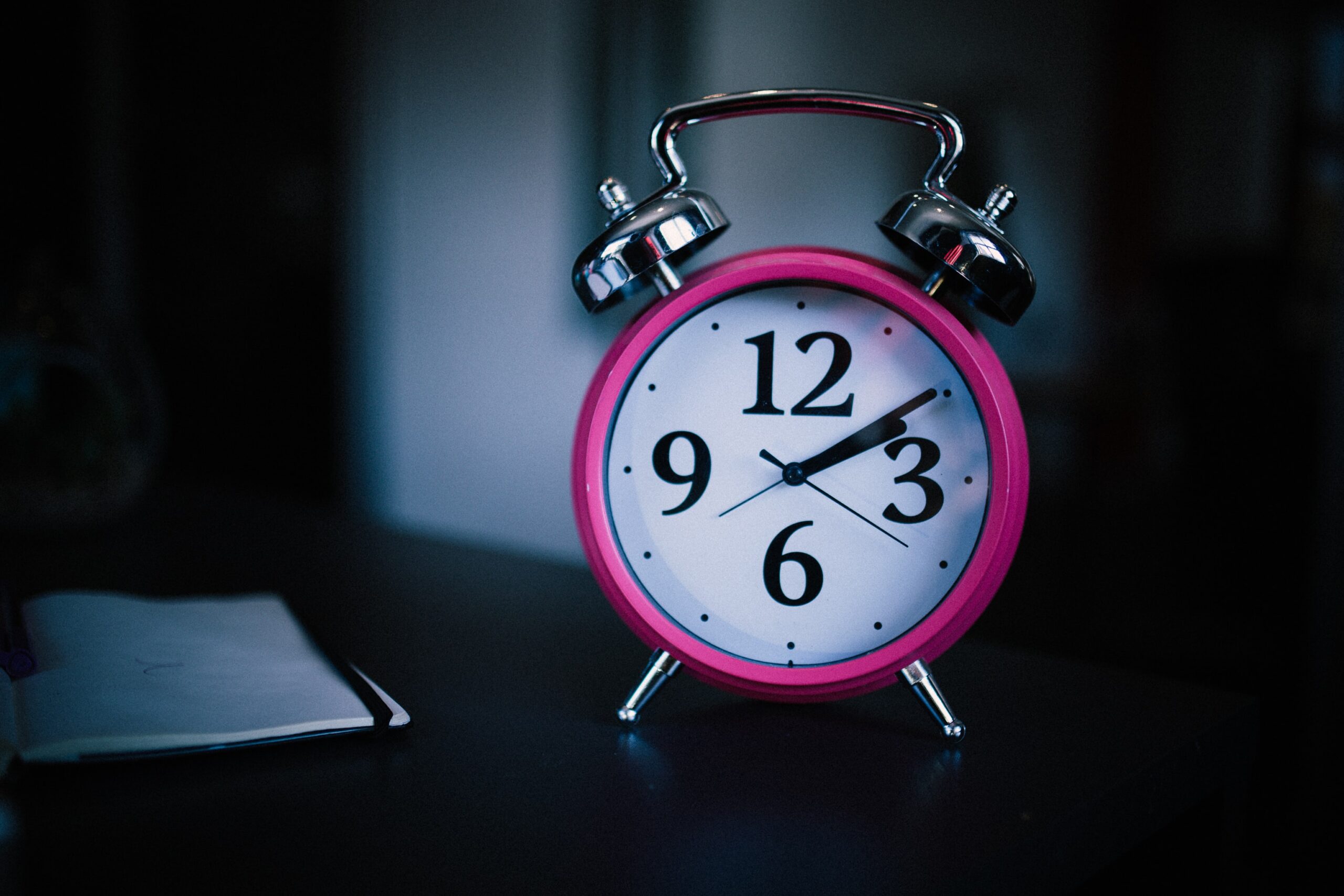
Sleep restores your mind and body, and is important for memory and learning. Better sleep lowers stress, improves blood sugar control and insulin sensitivity. Sleeping less than 6 hours a night, more than 8 hours, or an irregular sleep schedule results in elevated blood sugar.
High blood sugar may cause overnight thirst or multiple trips to the bathroom. Other symptoms like irritability, restless leg syndrome and night sweats can also be barriers to feeling rested.
Obstructive Sleep Apnea (OSA)
Obstructive sleep apnea is a condition where people periodically stop breathing during sleep. This disturbed sleep increases stress and glucose levels. OSA is common in people with type 2 diabetes. An estimated 86% of obese people with type 2 diabetes also have OSA. In non-obese type 2 diabetics, 50% have OSA.
Symptoms include loud snoring, nighttime gasping and daytime sleepiness. Your partner may notice that you stop breathing while asleep. Treatment options include weight loss, mouth pieces and medical devices like the continuous positive airway pressure (CPAP) machine. Speak to your primary care physician about doing a sleep study if you are experiencing any of these symptoms.
10 Tips for Better Zzzs
- Keep a regular bedtime – try to go to bed and wake up at the same time every day, even on weekends.
- Wind down before bed – relax before bed with mindfulness exercises, quiet reading, stretching or a warm shower.
- Limit electronics 2 hours before – TVs and screens emit a light that tricks your body into thinking it’s daytime.
- Limit caffeine, tobacco and alcohol – reduce consumption in the evenings and maybe even the late afternoon.
- Keep the bedroom cool – turn the thermostat down 2 degrees.
- Keep the room dark – turn off lights (except a nightlight), use blackout curtains.
- Don’t work, eat, or watch TV in bed – sleep only.
- Move throughout the day – stay active and get regular exercise (outside with exposure to natural light is preferred).
- Don’t nap – if necessary, keep naps to less than 30 minutes.
- Avoid late night meals and snacks.
Feb. 26 2021